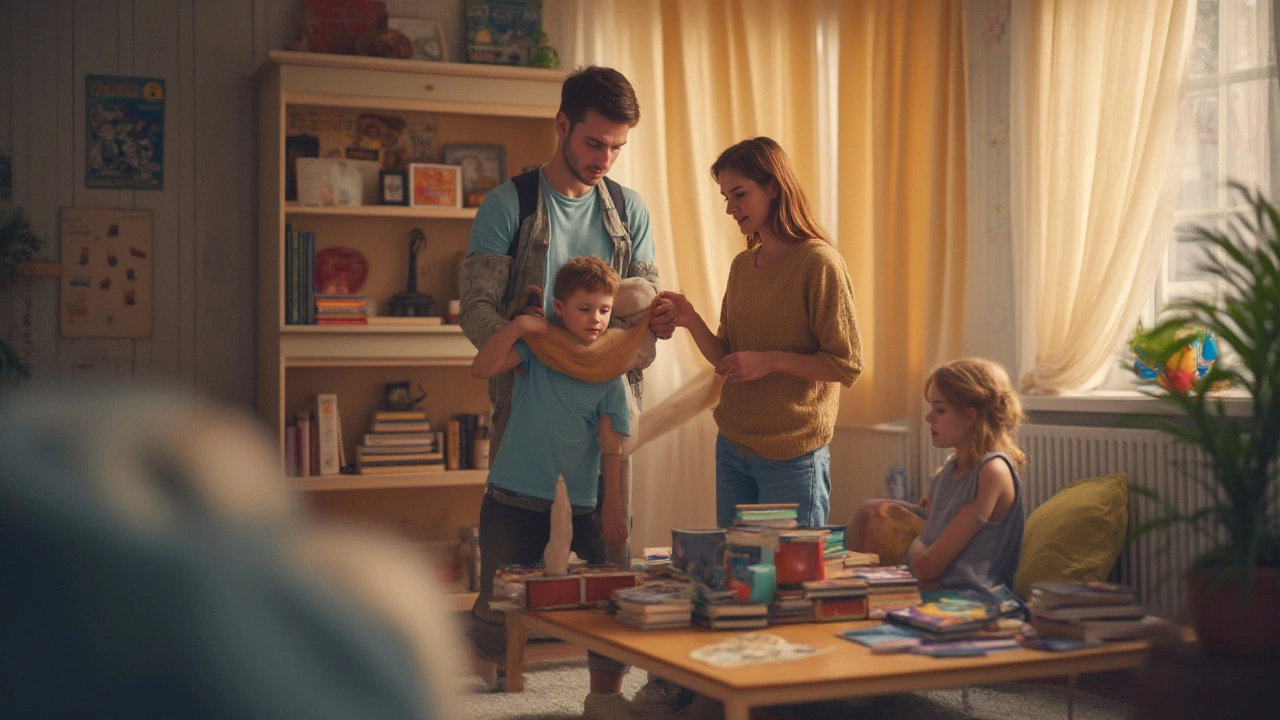Social Communication: Practical Tips for Kids, Parents, and Teachers
Ever wonder why some kids seem to chat effortlessly while others struggle to join a conversation? The difference often comes down to social communication skills – the ability to send and receive messages clearly, read cues, and respond appropriately. Strong social communication helps children make friends, follow instructions, and feel confident in the classroom.
First off, keep communication simple. When you give a direction, use short sentences and check for understanding. Instead of saying, "Please take out your math workbook and solve the problems on page 12," break it down: "Open your math book. Turn to page 12. Start the first question." Children are more likely to follow through when they know exactly what to do.
Everyday Strategies to Build Social Skills
Modeling is a powerful tool. Show how to greet a classmate, ask a question, or share a toy. Kids mimic what they see, so narrate your actions: "I'm asking Sam how his weekend went. Sam, can you tell me about it?" This way, children learn the flow of a conversation without feeling pressured.
Practice active listening with fun games. Try the "repeat back" game: one person tells a short story, and the other repeats the main points. This sharpens listening and teaches kids how to signal they’re paying attention. It also builds confidence because they see they can remember and respond correctly.
Supporting Diverse Learners
Children with special educational needs might need extra support. Use respectful language and clear visuals. For example, if a student has dyslexia, provide written instructions in a larger font or use picture cards. Saying, "We’ll use picture prompts today" sets a positive tone and ensures everyone feels included.
Encourage peer buddies. Pair a child who struggles with communication with a classmate who excels. The buddy can help interpret social cues, model polite terms, and give gentle reminders during group work. This not only aids the learner but also fosters empathy in the peer.
Make social communication a part of everyday routines. During circle time, ask each child to share one thing they liked about the day. This simple habit gives everyone a safe space to speak and listen, reinforcing the skill without it feeling like a lesson.
Remember, feedback matters. When a child tries a new social skill, acknowledge the effort: "I liked how you asked Jamie to join the game. Great job being friendly!" Positive reinforcement encourages repeat behavior.
Lastly, keep the conversation going at home. Ask open-ended questions about school, friends, or hobbies. Avoid yes/no questions; instead, say, "What was the most interesting part of your art class today?" This invites longer responses and helps kids practice structuring their thoughts.
Social communication isn’t a one‑time lesson; it’s a daily practice. By modeling clear language, using fun listening games, and supporting all learners with respectful tools, you set the stage for confident, connected students ready to succeed in school and life.
-
26
- 0
Explore the 12 key signs of Asperger's syndrome, how they show up in daily life, and discover helpful tips for understanding and support. Read more
Tags Weight
- education
- exam preparation
- study tips
- adult education
- online courses
- adult learning
- lifelong learning
- distance learning
- GCSE revision
- online education
- private tutoring
- special needs education
- scholarships
- remote learning
- scholarship tips
- financial aid
- international students
- effective learning
- e-learning
- education funding

